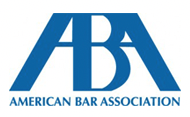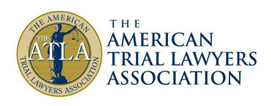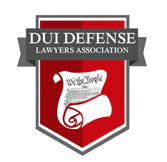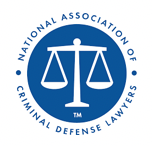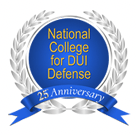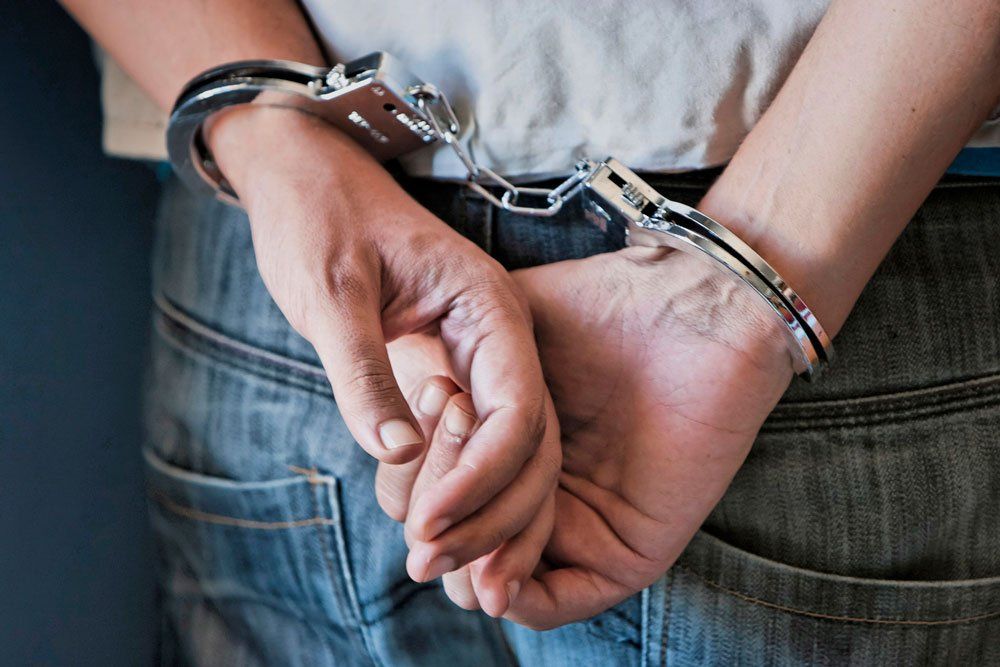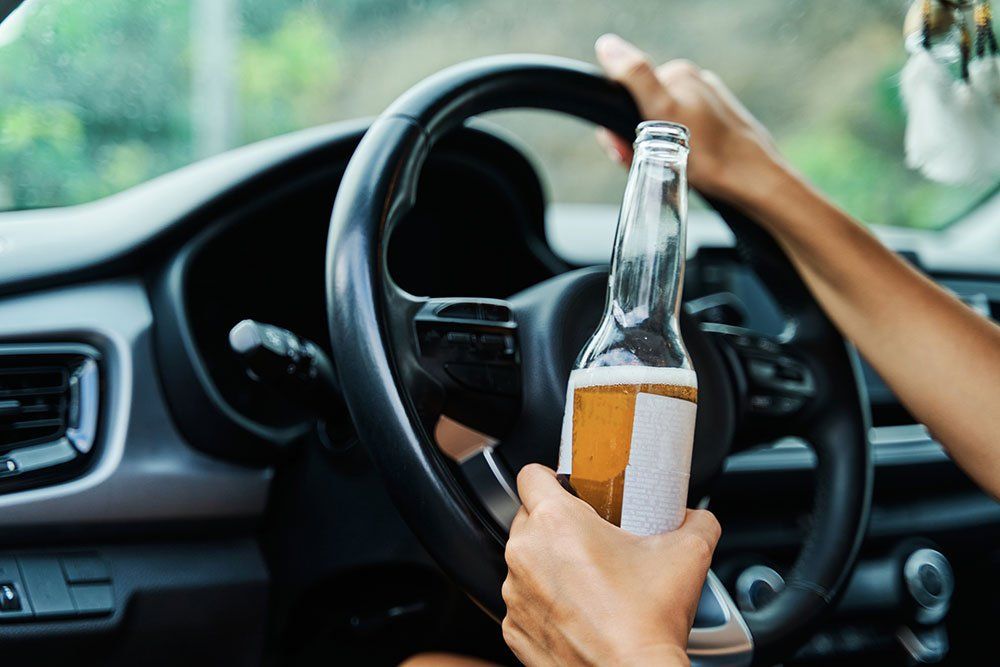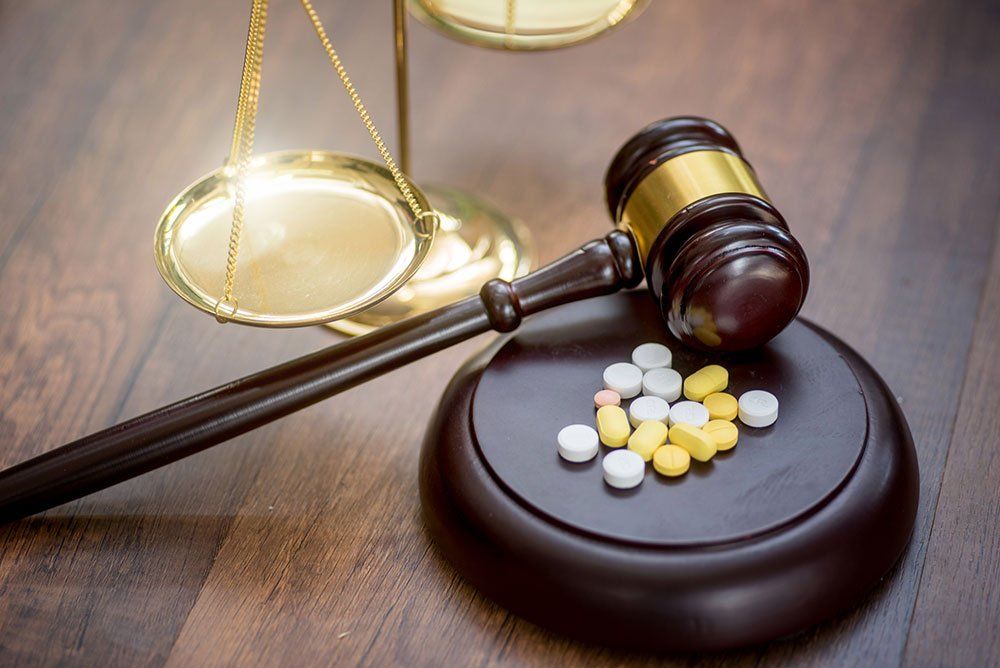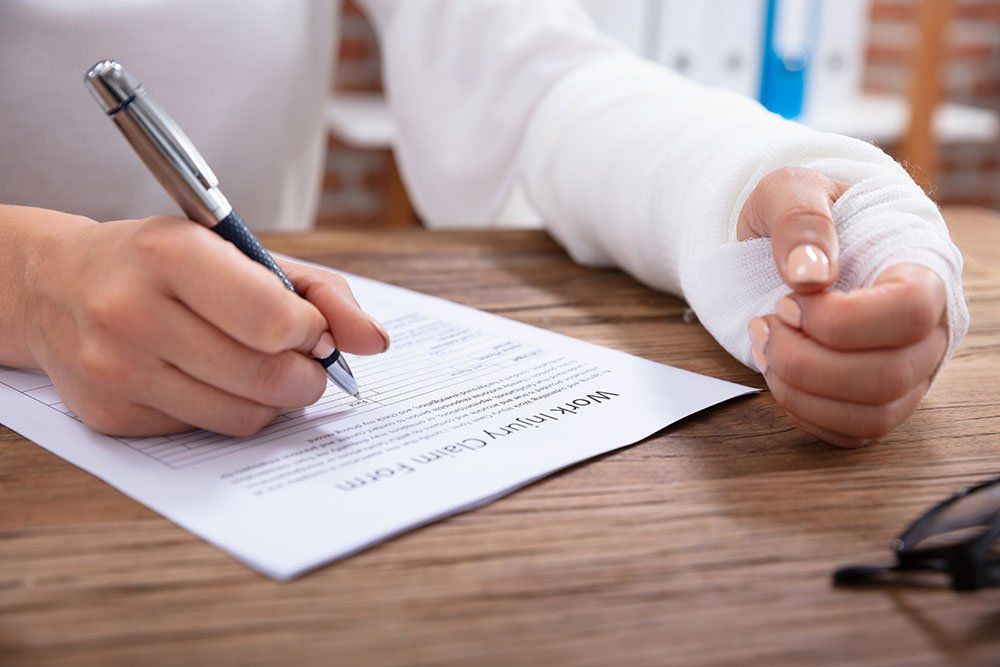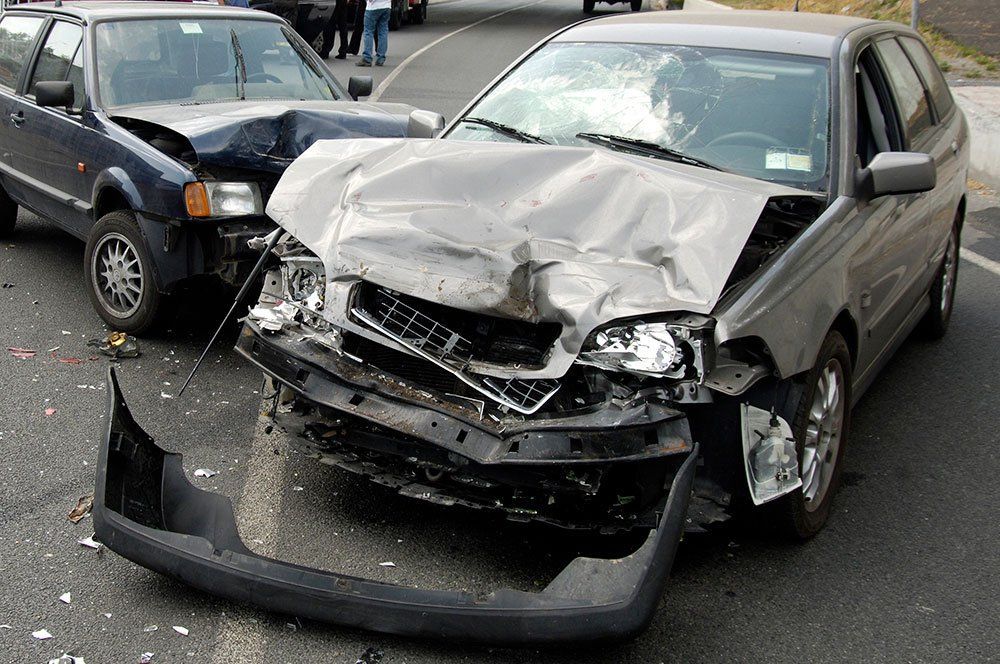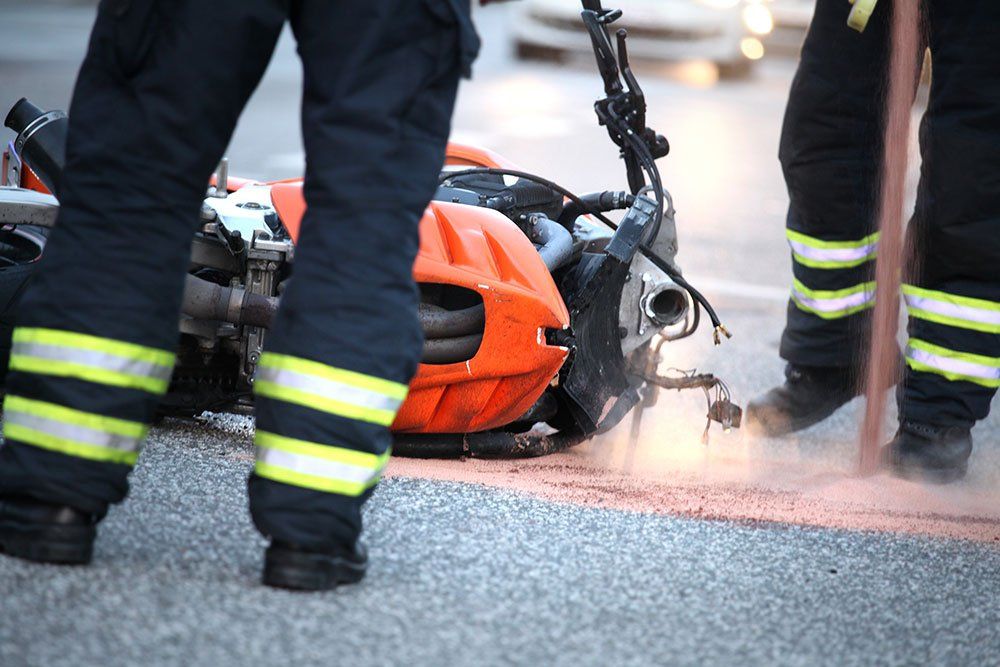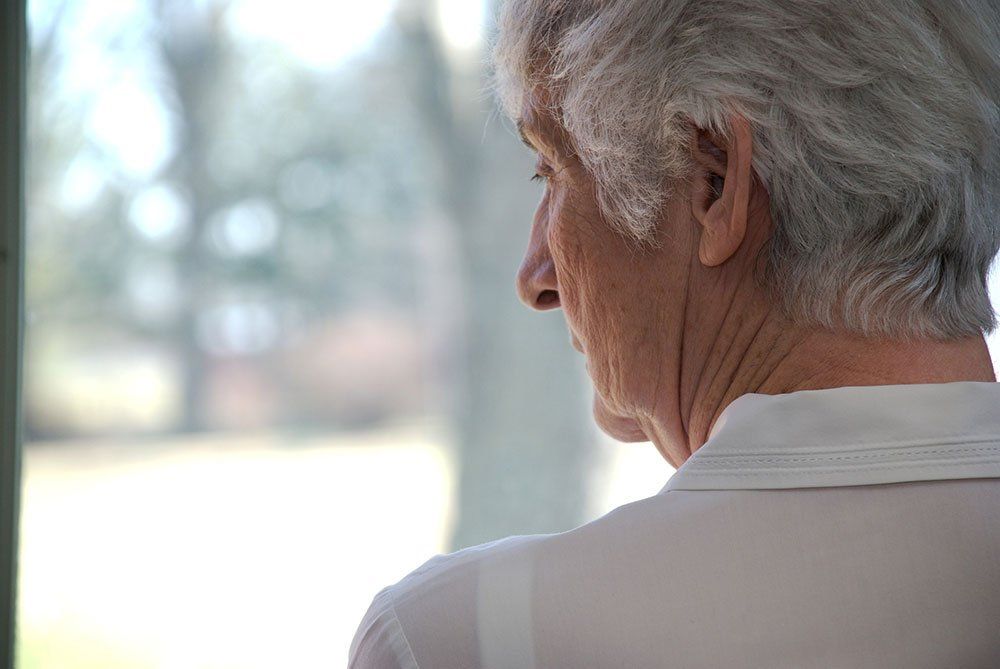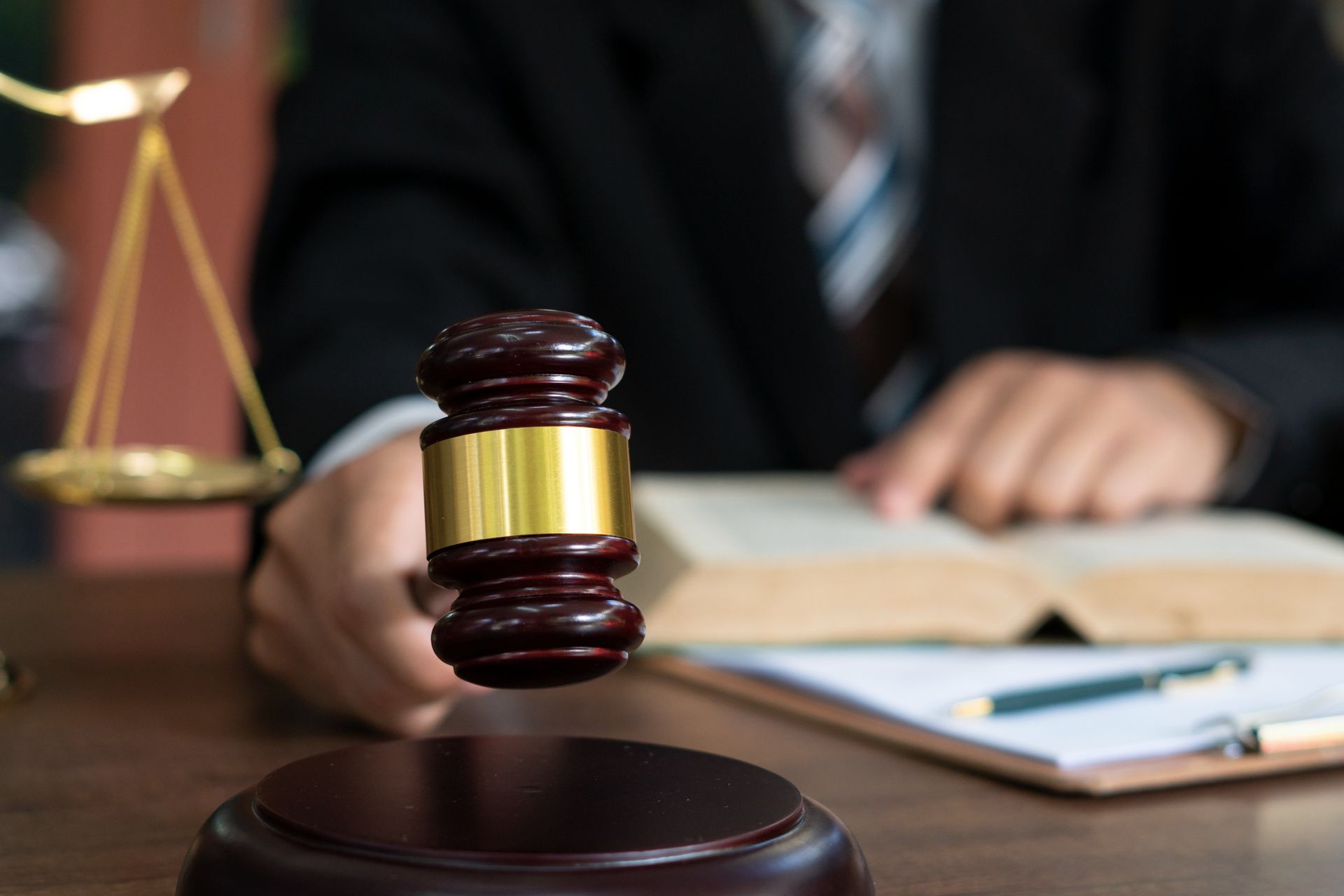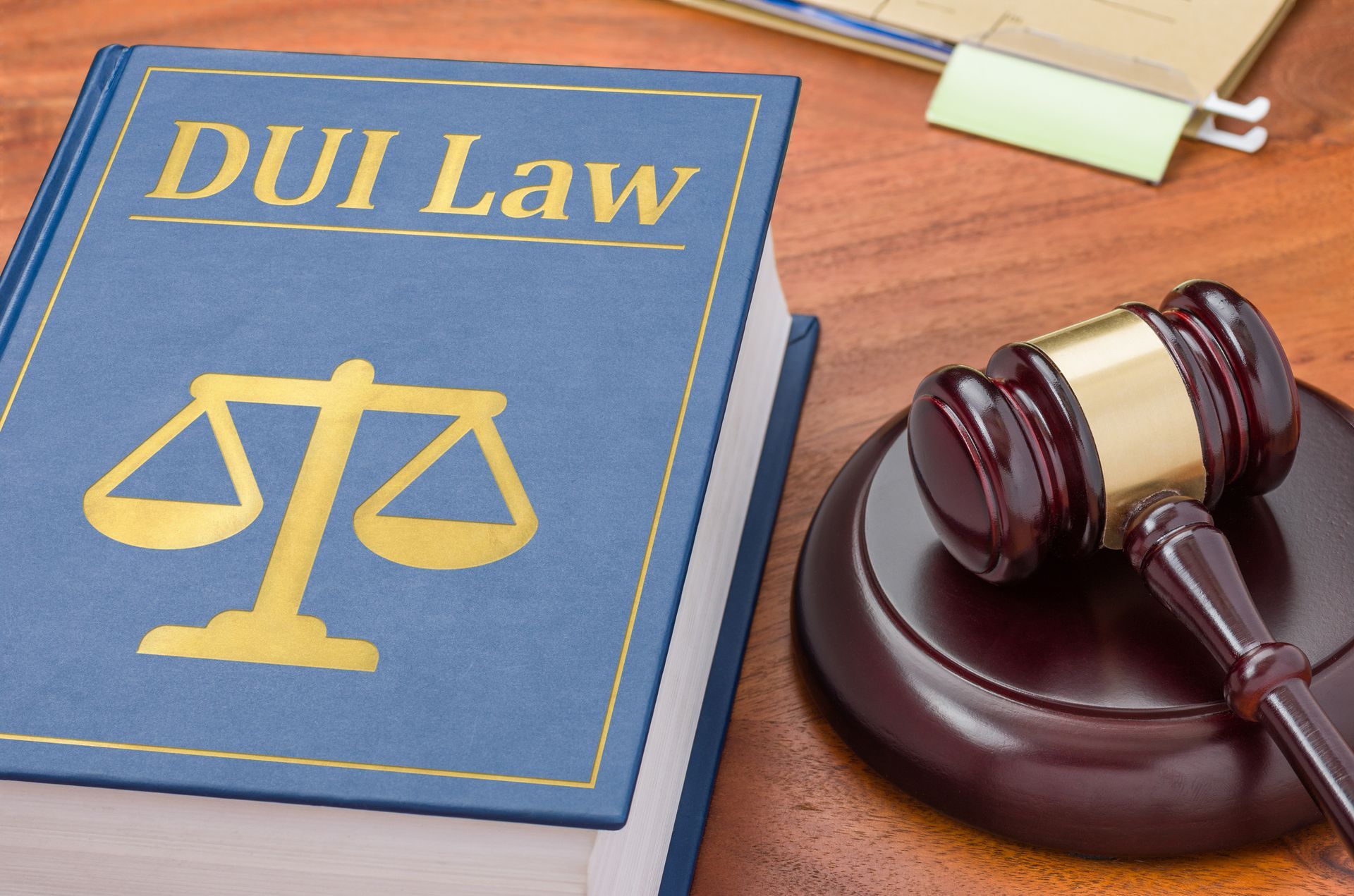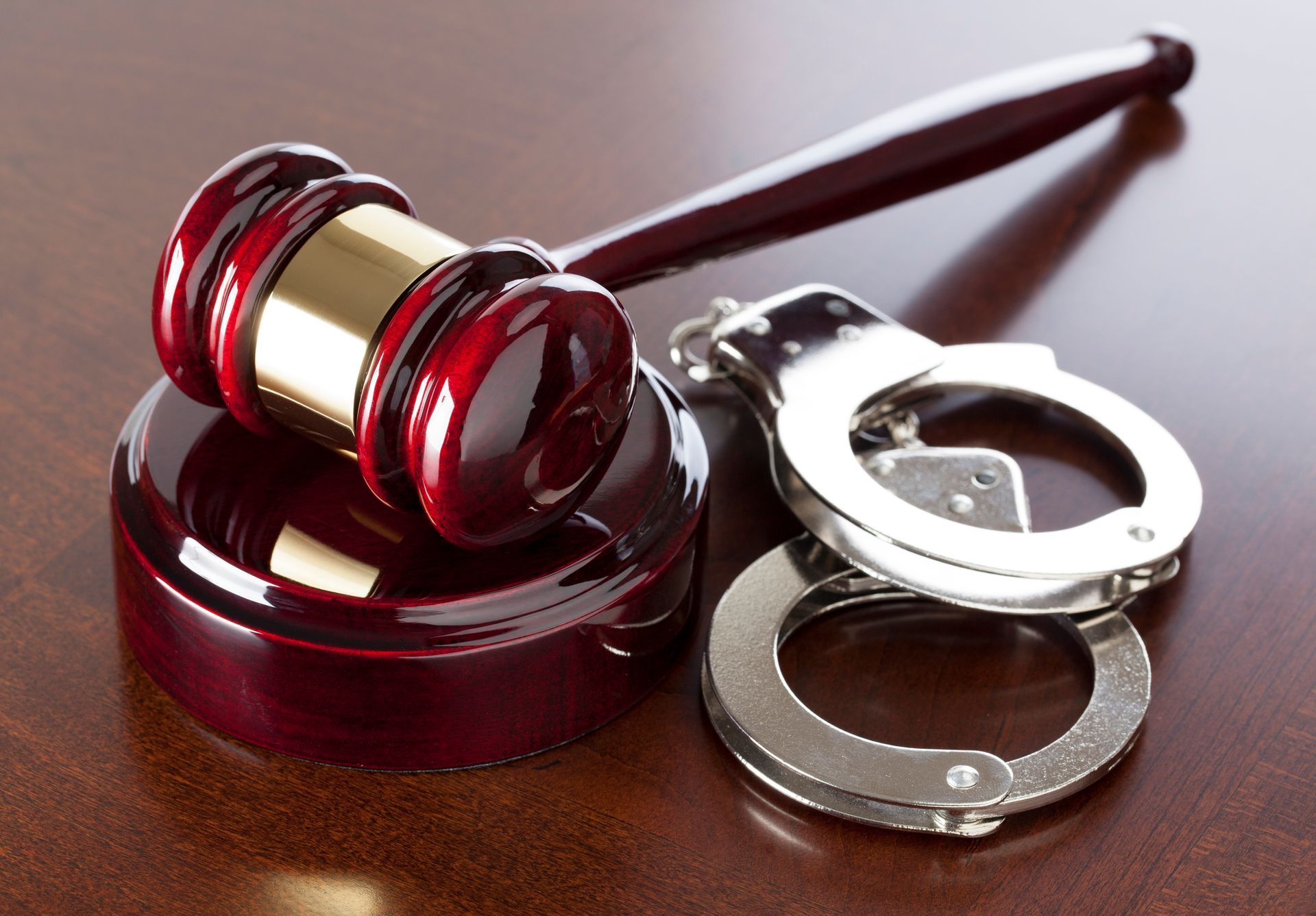CRIMINAL DEFENSE
FAQS
Get A Free Consultation
Criminal Defense Lawyer in Chattanooga, TN
When you’re facing criminal charges, getting clear and immediate answers can make all the difference. At Houston & Underwood, PLLC, our role as your trusted criminal defense lawyer in Chattanooga, TN, is to guide you through every step of the legal process. We understand the stress and confusion that comes with a criminal charge—whether it's a misdemeanor or a serious felony.
Serving clients in both Chattanooga and Cleveland, TN, we provide personalized defense strategies built on years of experience in Tennessee courts. Don’t guess about your future—get clarity from professionals who know how to fight for it.
If you have questions, call
423 267 6715 now for a free consultation. Speaking with a lawyer early can protect your rights and improve your outcome.
Why Fast Action Matters in a Criminal Case
The sooner you contact a criminal defense attorney in Chattanooga, TN, the better your chances of a favorable result. Time is critical in criminal defense. Evidence can be lost, witnesses can forget details, and prosecutors begin building their case immediately after an arrest.
At Houston & Underwood, PLLC, we move quickly to:
- Protect your rights during police questioning
- Review the arrest process for errors or rights violations
- Start our own investigation to challenge the state's evidence
- Explore options for dismissals or reductions early in the case
Whether your charges came from Chattanooga or nearby Cleveland, TN, we are here to help you make the strongest defense possible.
Call Now to Protect Your Rights and Your Record
Your future is too important to leave in the hands of chance. When facing a criminal charge, the best move you can make is to speak with an experienced criminal defense lawyer in Chattanooga, TN, as soon as possible.
Houston & Underwood, PLLC, has helped clients throughout Chattanooga and Cleveland, TN, fight charges, protect their records, and move forward with confidence. Let us do the same for you.
Call
423 267 6715 now or visit our Contact Page to schedule your free, confidential consultation.

